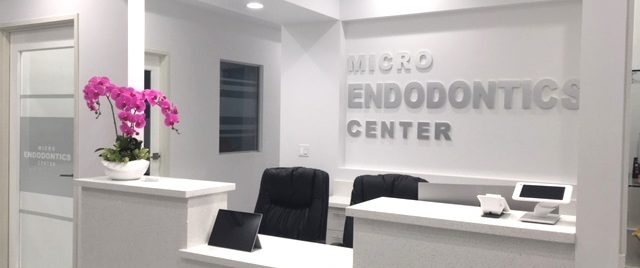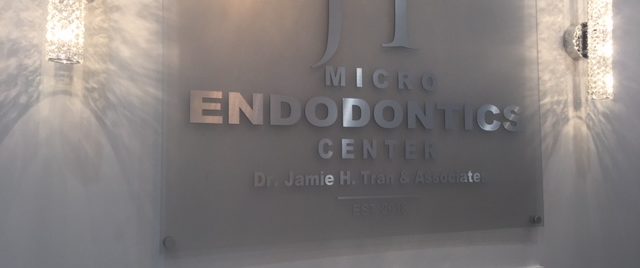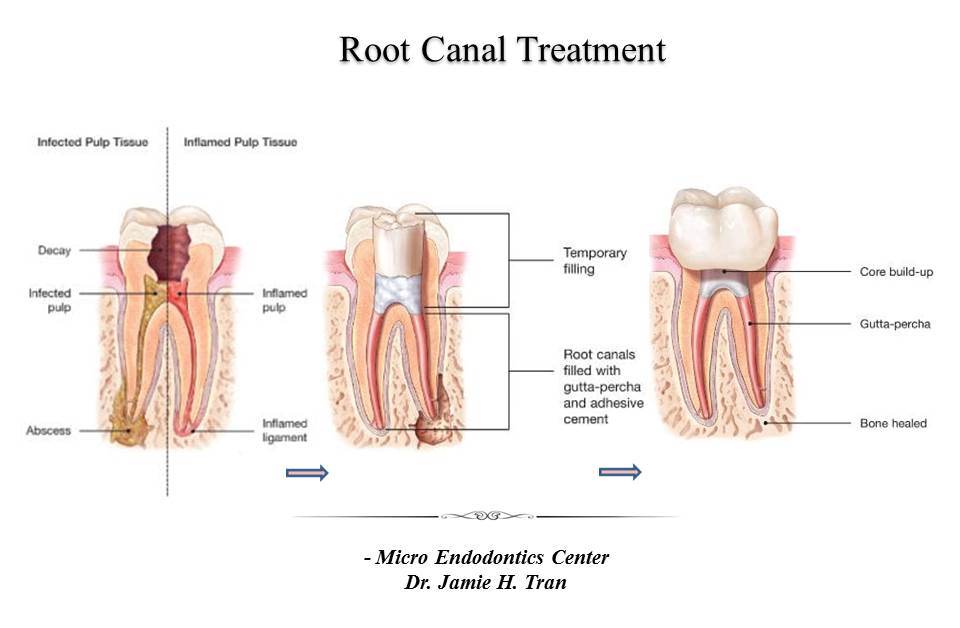


Root Canal Treatment
Root Canal Treatment is safe and effective procedure performed on millions of people annually. To understand root canal treatment, it helps to know something about the anatomy of the tooth. Inside the tooth, under the white enamel and a hard layer called the dentin, is soft tissue called the pulp. The pulp contains blood vessels, nerves and connective tissue and creates the surrounding hard tissues of the tooth. When the pulp becomes inflamed or infected, Root Canal Treatment is necessary in order to save the tooth.

Infection or inflammation of the pulp can be the result of deep decay, repeated dental procedures, faulty crowns or a crack or chip in the tooth. Trauma to your tooth may also cause pulp damage even if the tooth has no visible chips or cracks. If pulp inflammation or infection is left untreated, it can cause pain or lead to an abscess or eventual tooth loss. Signs of pulp damage include: pain, prolonged sensitivity to heat or cold, tenderness to touch and chewing, discoloration of the tooth, and swelling, drainage and tenderness in the lymph nodes as well as nearby bone and gum tissues. Sometimes, however, there are no symptoms.
When you undergo a root canal or endodontic treatment, the inflamed or infected pulp is removed and the inside of the tooth is carefully cleaned and disinfected, then filled and sealed with a biocompatible material, rubber-like material called gutta-percha. This gutta-percha is placed with an adhesive cement to ensure complete sealing of the root canals. Afterwards, you must return to your dentist to have a crown or other restoration placed on the tooth to protect and restore it to full function.
With modern techniques and anesthetics, most patients report that they are comfortable during the procedure. For the first few days after treatment, your tooth may feel sensitive especially if there was pain or infection before the procedure. This discomfort can be relieved with over-the-counter or prescription medications.
Phone: (949)-264-6744 | Fax: (949)-264-6754 | Email: MicroEndodonticsCenter@gmail.com